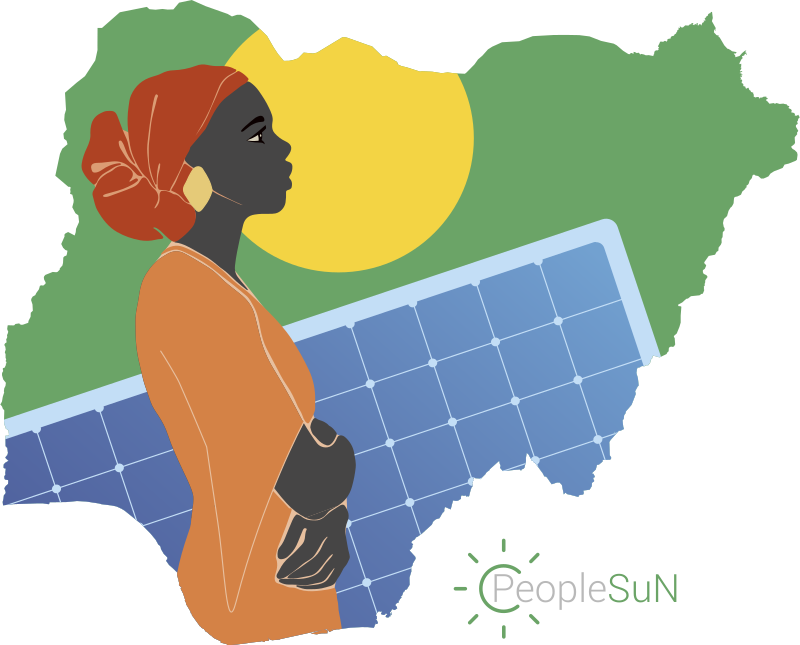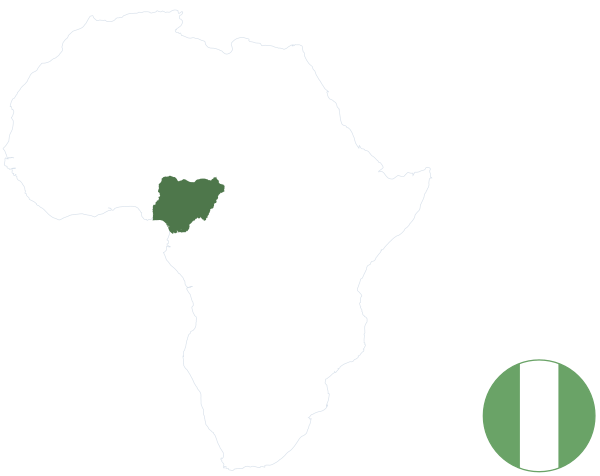Nigeria Off-Grid Solar Knowledge Hub - About
The Nigeria Off-grid Solar Knowledge Hub
blabla info@energypedia
Nigeria and Off-grid Solar energy
Nigeria is Africa’s largest economy, and one in six Africans is Nigerian. One of Nigeria’s most demanding challenges today is to deliver electricity access to millions. The latest SDG7 Tracking report estimates that 86 million Nigerians lack access to electricity[1]. Both the access deficit and the strong reliance on diesel- and petrol-fuelled back-up generators have severe health impacts and affect all aspects of the economy, from rural livelihoods to manufacturing and exports.
Off-grid solar solutions have a crucial role to play in achieving universal electricity access in Nigeria. Nigeria’s potential for developing sustainable off-grid electricity solutions like solar mini grids and solar standalone systems is one of the largest in the world. In the last decade, the Nigerian off-grid solar sector has grown considerably. However, local and international off-grid practitioners are facing important challenges. One of these is the development of needed capacity and skills in the off-grid sector. Training and capacity building programs are emerging to support off-grid energy businesses and develop the local workforce. The Nigeria Off-grid Solar Knowledge Hub aims to address this need by providing an accessible platform for sharing knowledge and tools that are relevant to the Nigerian context.
You can read more about the Nigerian solar off-grid sector here.
The PeopleSuN project
The Nigeria Off-Grid Solar Knowledge Hub is developed within the PeopleSuN research project. The overall goal of PeopleSuN is to improve access to reliable and sustainable electricity in underserved regions in Nigeria, by supporting the deployment of off-grid electricity supply solutions such as solar mini-grids and solar standalone systems. The project is funded by the German Federal Ministry of Education and Research and coordinated by Reiner Lemoine Institute. Project partners include research organisations, civil society and off-grid public and private actors from Germany and Nigeria.
You can find the tools developed as part of the PeopleSuN project within the Knowledge Hub:
- Demand database
- PeopleSuN Off-grid Planner Tool
- FATE - Financial Assessment Tool for Electrification
- ↑ IRENA (June, 2023) Tracking SDG7: The energy progress report 2023. https://www.irena.org/Publications/2023/Jun/Tracking-SDG7-2023





















